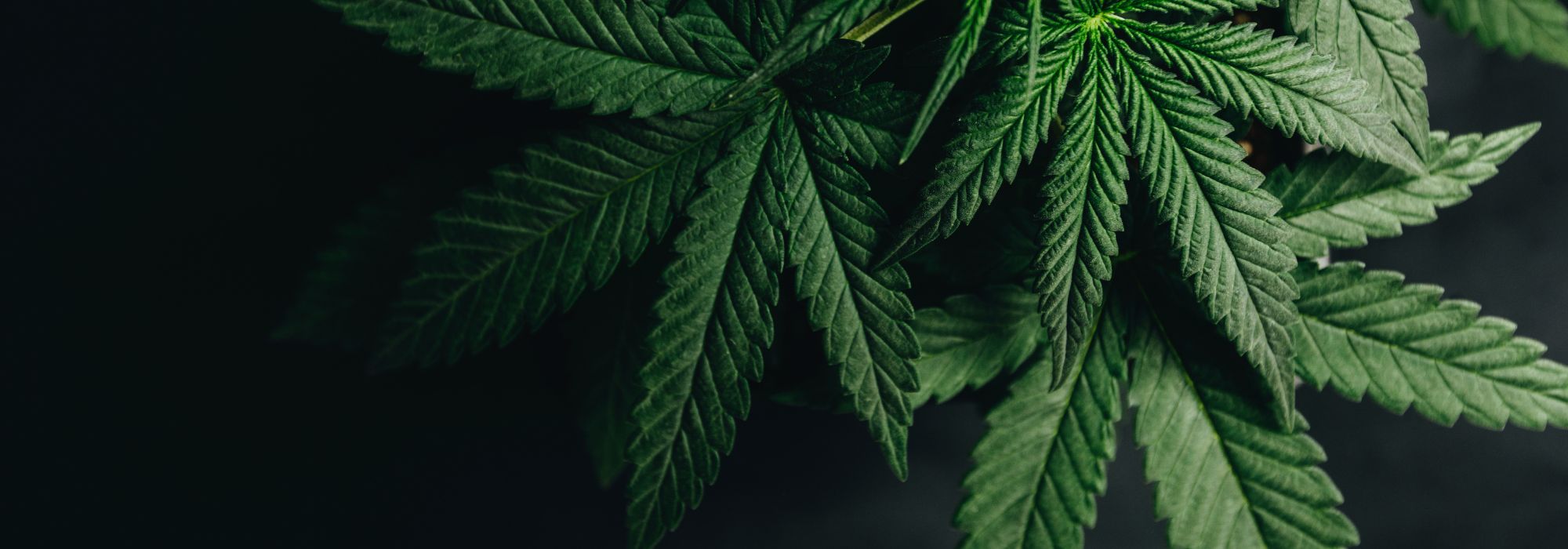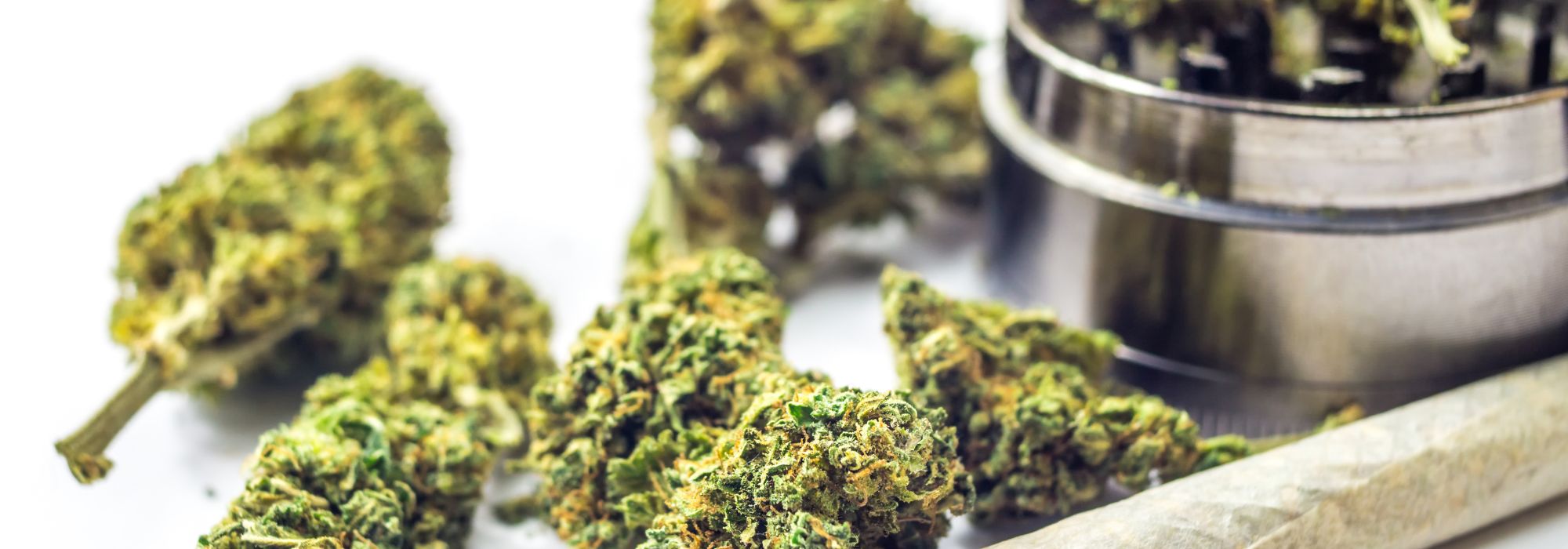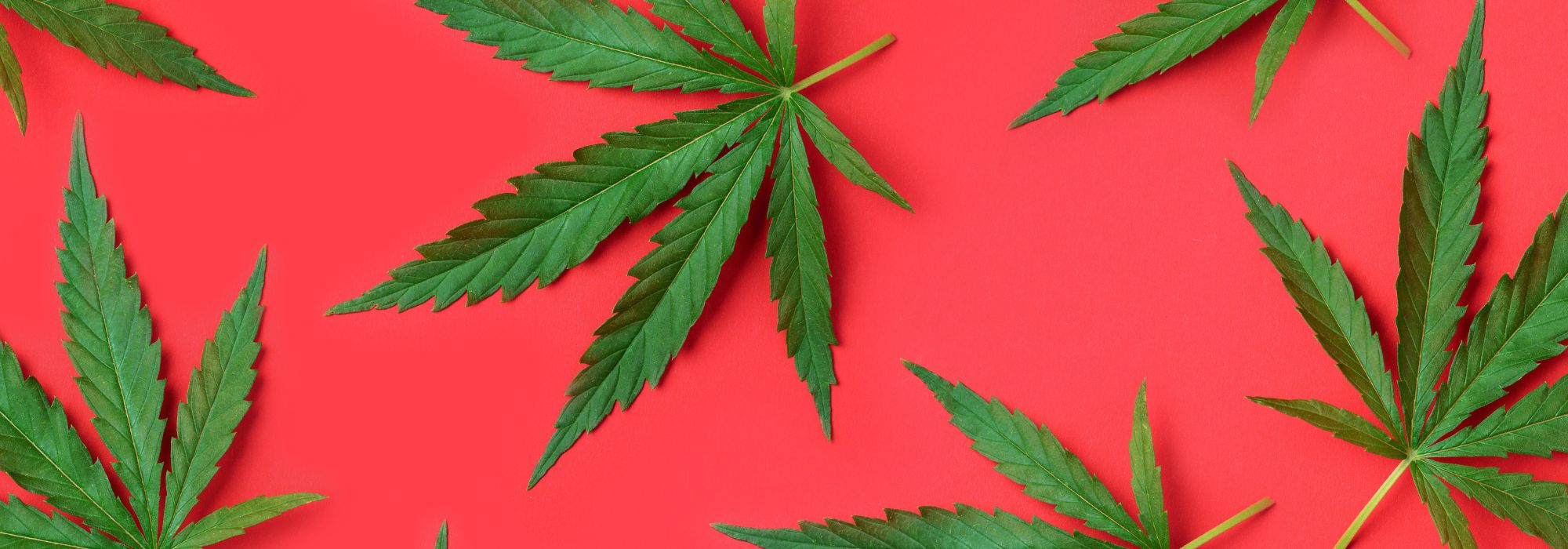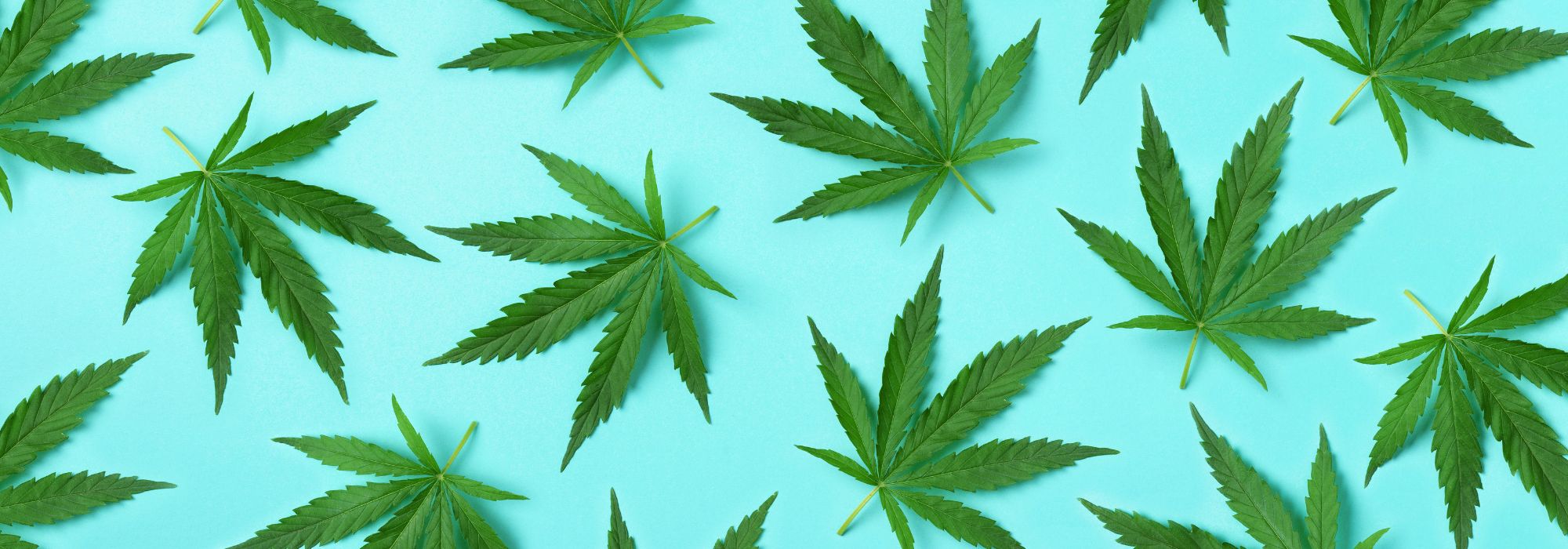While it’s hard to say whether legalizing marijuana would be a good idea, there are several arguments in favor of legalizing cannabis.

These arguments include public health and economic benefits. In addition, legalization could decrease the cost of law enforcement. The benefits of legalization are many and diverse.
Public Health
In the United States, there is a large debate over the benefits of legalizing marijuana. Advocates for the legalization of cannabis point out the many benefits it brings to society.
In addition to increased consumer choice, marijuana is also less harmful than alcohol, which is the leading cause of death in the US.
However, legalization is not without risk. In addition to increased consumption, legalization could result in increased use among teenagers and young adults.

Legalization is a huge policy experiment and its effects may not be known for several decades.
While legalizing marijuana use in the United States has not been associated with large increases in cannabis use among youth, it has increased the number of regular users and the frequency of cannabis use among adults.
Similarly, legalization has increased the number of emergency department visits and car crashes involving cannabis use and, in some cases, alcohol-impaired driving. However, there is little data on the impact of legalization on treatment of cannabis use disorders.
Although cannabis may have some benefits, it is also an addictive substance, which can pose a health risk. Its legalization should be done in a manner that protects the health of the public.
A national approach to marijuana regulation would be more effective in protecting the health of the public than a state-by-state approach.
Criminal Justice
Legalizing marijuana would have a significant impact on the criminal justice system.

It would disrupt the criminal networks that control the distribution and production of the drug, and would cut off a major source of revenue.
Moreover, it would make it more difficult for minors to access marijuana. In theory, this would lead to fewer arrests and fewer convictions for marijuana-related crimes.
The criminal justice system would become more legitimate and credible. Because people are more likely to cooperate with authorities when they believe they are justified, marijuana prohibition would undermine the credibility of the criminal justice system.
It would also decrease the cost of the criminal justice system. Therefore, legalizing marijuana is a smart choice for society.
Statistics have shown that marijuana use is widespread and fairly evenly distributed across different social groups.
However, minority groups are more likely to be arrested and punished for marijuana offenses. African Americans are more likely to be arrested than whites for possession of marijuana than whites, which is a particularly problematic practice.
In addition, the racially biased stop-and-frisk policy tends to increase the number of marijuana arrests.
Legalizing marijuana in New York would reduce the penalties for marijuana crimes and make it easier for people with drug convictions to seal their criminal records.
It would also allow more money to be disbursed through tax revenues to nonprofits that serve the communities that have been disproportionately impacted by drug policies.
Increase In Incarceration Of Marijuana Offenders
The increase in incarceration of marijuana offenders is not a simple one-time event.

In fact, incarceration rates are not consistent across jurisdictions, so the study cannot make a firm conclusion about the causes of marijuana arrests. For example, it is not clear if legalizing marijuana will reduce incarceration rates of marijuana offenders.
Some research suggests that the legalization of cannabis may lead to decreased arrest rates among young offenders.
The legalization of marijuana has many benefits for society. For instance, it is a valuable tool for medical care, and it can also be used recreationally.
Legalization of marijuana would free up millions of dollars in criminal justice costs, and the money that would be spent prosecuting marijuana offenders could be spent on education and healthcare instead. Legalizing marijuana will have some side effects, however, such as increased arrests for drug-related offenses.
It is estimated that 663,000 marijuana arrests occurred in the United States in 2017. Sixty-eight percent of these arrests were for marijuana possession.
These arrests aren’t the work of drug dealers or traffickers, so the tax dollars are being wasted on nonviolent crimes. In fact, the government is spending upwards of $600 million to $3 billion incarcerating marijuana offenders.
Recent studies show that marijuana use among young adults is increasing. According to federal survey data, almost one in four young adults aged 12 and older has used marijuana for the first time. In addition, the prevalence of marijuana and driving is increasing.
In 2011, 16.7 percent of Americans reported using marijuana at least 300 days in the past year. Furthermore, 5.0 million of those surveyed used marijuana daily or nearly daily.
Increase In Cannabis-Involved Impaired Driving
A recent study found an increase in cannabis-involved impaired driving after recreational marijuana became legal in several states.

The number of drivers who were above the legal limit of THC doubled. However, the percentage of drivers who were injured did not change.
This finding is consistent with previous studies in U.S. states, which show that marijuana use increases crash risk per mile traveled.
The results show that the risks of cannabis-impaired driving are much higher for drivers in high-risk demographic groups. These drivers are younger than other drivers and are more likely to cause traffic accidents.
Male drivers are at higher risk than female drivers. The study also shows that drivers under the influence of cannabis were more likely to die in traffic accidents.
The study also found that marijuana use had negative consequences on driving, even when drivers are not high. Marijuana-impaired drivers had higher rates of hitting pedestrians and exceeding speed limits. They also drove more often through red lights.
Conclusion
Legalizing marijuana will have some positive and negative consequences. The majority of the evidence suggests that the positives outweigh the negatives.
Legalizing marijuana will save tax dollars, free up prison space, and allow law enforcement to focus on more serious crimes. It will also provide a valuable tool for medical care and recreation.
There will be some negative consequences, such as an increase in impaired driving. These negative consequences can be mitigated with education and public health efforts. Overall, legalizing marijuana is a good idea for society.








